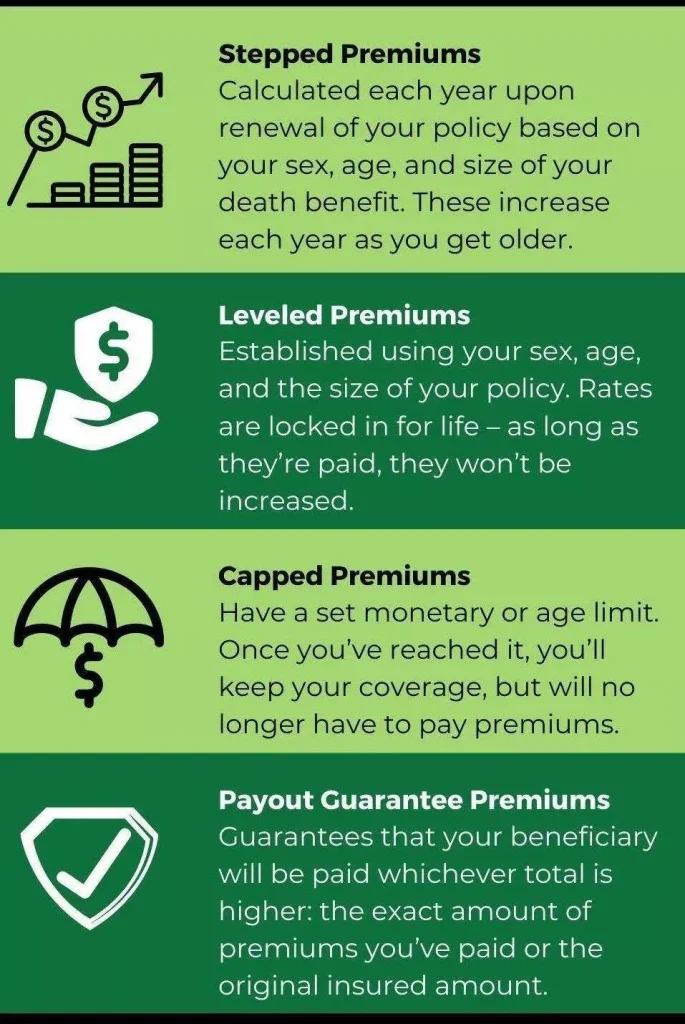It is never easy to contemplate the end of one’s life, but taking care that your loved ones are financially secure after your death is a mature and caring act. An intelligent funeral insurance plan will help ease the financial burdens of death so your family is only concerned with celebrating your life and not breaking the bank. Choosing the best plan can be daunting because there are so many choices. Before you put your money on it, make sure that you ask the right questions so you can get the best out of your money. The following are five questions that you should ask your funeral insurance provider before signing up for their program.
What is the Value Provided by the Funeral Insurance Plan?
One of the most frequent mistakes first-time insurance consumers make is purchasing the cheapest plan rather than focusing on the actual worth of the plan. Although the policy might be cheap, it might be inadequate for your needs. It is important to examine the coverage offered by different plans and compare them based on:
- The sum insured
- The type of the expenses covered (e.g., burial, cremation, memorial services)
- Other benefits, such as grief counseling or repatriation, assist.
- Ensure that your plan not only suits your budget but also provides complete coverage in line with your dying wishes.
What Is the Funeral Insurance Policy Covering?
Not all funeral insurance policies are created equal. Some pay for just the cost of a funeral service, whereas others will cover additional costs such as legal fees, outstanding bills, or medical bills. When choosing a policy, ask:
- Does the policy pay for funeral expenses only or for other dying costs?
- Is there any room for adjusting coverage based on personal requirements?
- Will the payment be enough to cover the expected costs?
The goal is to avoid both underinsurance, which could leave your family struggling to cover remaining costs, and overinsurance, which could result in excessively high premiums.
What are premium payment terms?
Several different insurance companies offer different premium structures. Understanding what your premium is going to be is a critical component of being able to financially sustain the policy over time. Two of the most popular premium structures are:
- Stepped premiums: These are relatively low early on but rise as you get older.
- Level premiums: These are the same regardless of when you pay.
- Some of the questions you might consider asking yourself are:
- Is the premium fixed forever, or will it increase in the future?
- Are there restrictions on purchasing or maintaining coverage by age?
- Will I end up paying more in premiums than I get in payment?
Choose a payment plan that you can afford in the long term, and that is consistent with your economic situation.
How Does the Claims Process of Funeral Insurance Work?
A funeral insurance policy should provide your family with financial support immediately so they can receive money when they most need it. Delayed payment causes unnecessary stress during an already difficult time. When discussing the claims process, ask:
- How soon will the payment be issued after a claim is made?
- What information is required to make the claim?
- Is there a specific claims process that my family must follow?
Most professional insurers settle claims within 24 to 48 hours. If your insurer is taking a significantly longer time to settle, then you should consider other options.
Does the Plan Cover More Than One Member of the Family?
Some funeral insurance policies allow more than one family member to be covered under a single plan. When you are considering coverage for the spouse, children, and even parents, inquire about:
- The maximum that can be included under the policy
- Any additional fees paid in the process of ensuring family members
- Whether or not the insurance includes dependents or elderly parents
Including your loved ones in your policy can be a cheap way to secure their financial stability in times of distress.
Final Thoughts
Choosing a funeral insurance policy is a significant decision that needs careful consideration. Using these five questions as a checklist, you will be able to confidently make the decision and choose a plan that best fits your situation. A good policy will provide you with sufficient coverage, is cost-effective in the long term, and includes a convenient claims process for your family.
Taking the time to research and talk to a number of funeral insurance providers ensures that you make an educated decision—a decision that gives you peace of mind and your survivors peace of mind. Investing in the right funeral insurance plan today ensures yourself an honorable farewell and a financial security blanket for those left behind.

